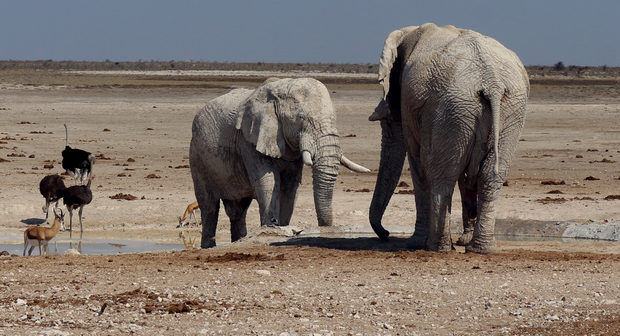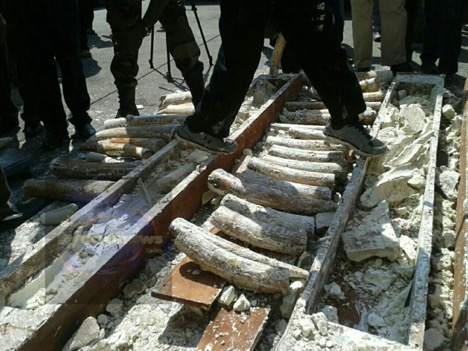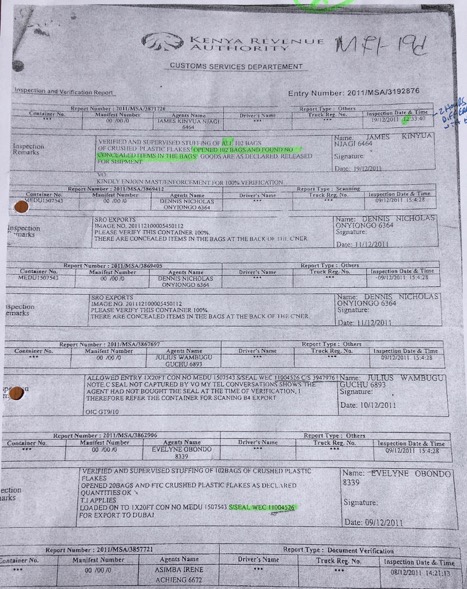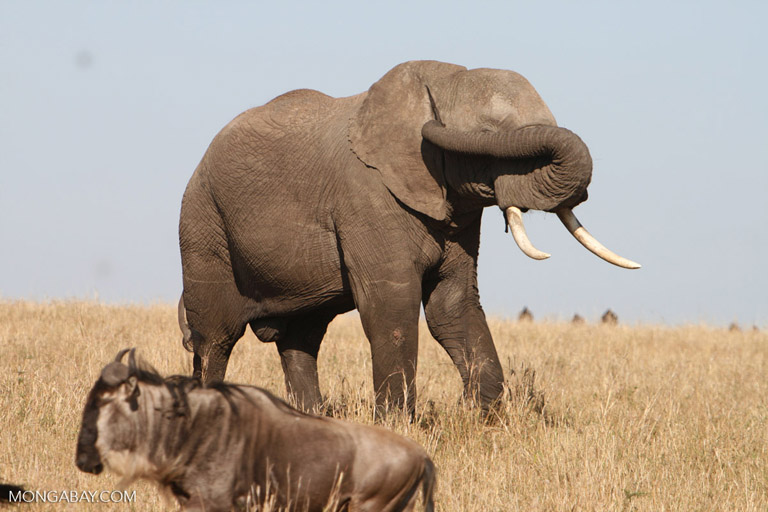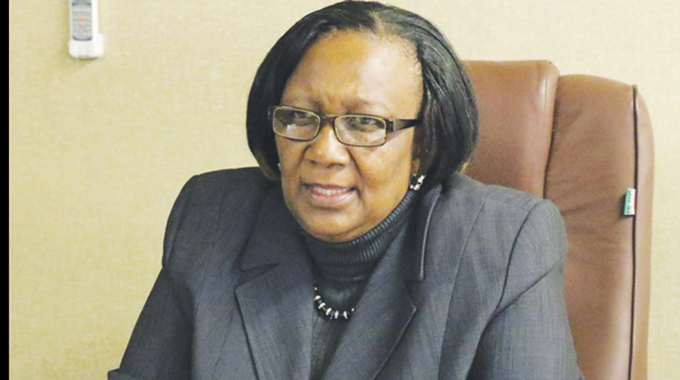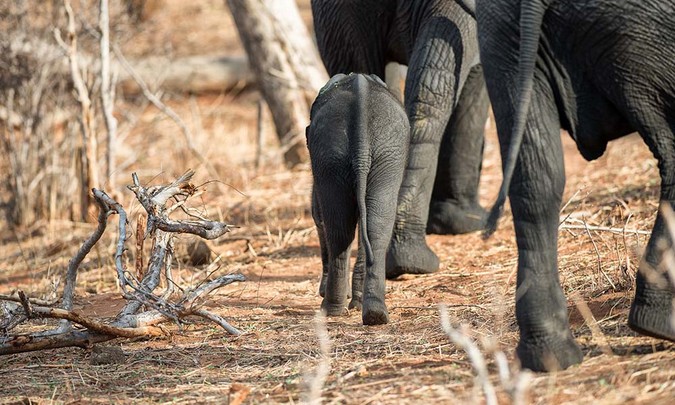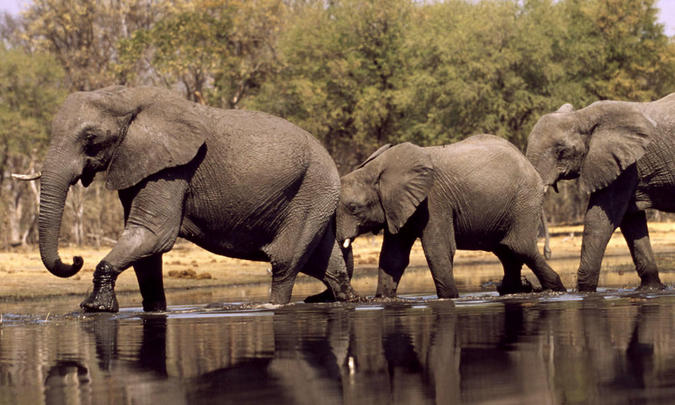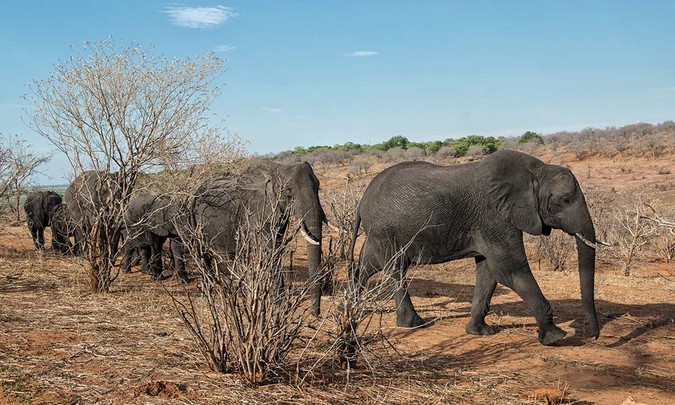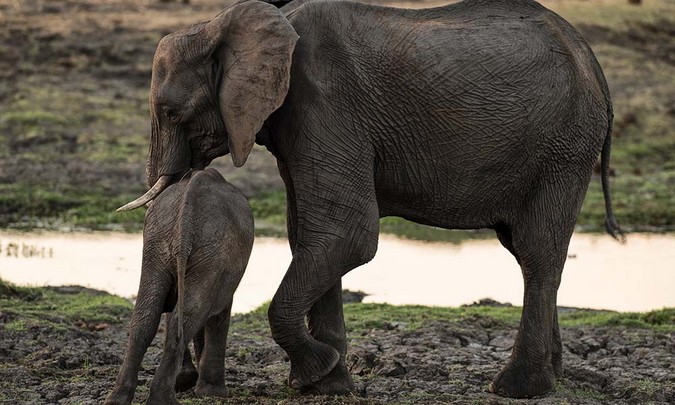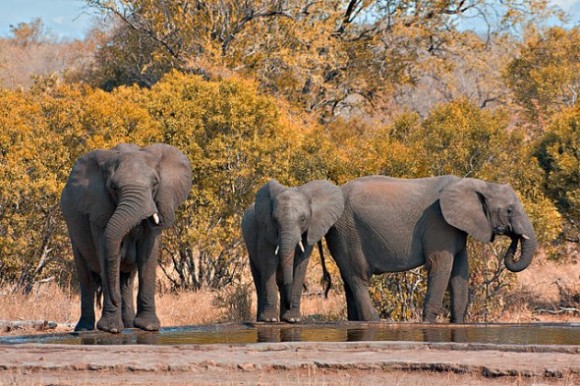
PES Lawyers demand transparency on the export of Wildlife (Zimbabwe)
BY PANASHE MAKUFA - 25 MARCH 2019 - THE MAIL & TELEGRAPH
A local environmental and wildlife organisation People and Earth Solidarity Law Network (PES Lawyers) together with six others in Zimbabwe, have petitioned Parliament demanding that information and decisions concerning the export of Zimbabwean elephants, rhinos and other wildlife be made transparent and accessible to the public.
This follows an outcry made by wildlife conservationists last month after the government planned to export 35 baby elephants to China, saying that proper procedures were not followed.
According to sources, baby elephants, some as young as two, were separated from their mothers and are being held in pens at Zimbabwe’s Hwange National Park while preparations are being finalized to send them to China where they will be put in zoos.
Zimbabwe is one of the key elephant range states and home to the second largest estimated elephant population of nearly 83,000 individuals following Botswana. Last year Zimbabweans also expressed outrage over the government’s donation of 10 white rhinos to the Democratic Republic of Congo and launched an online petition for reversal of the decision.
The organizations claim that there is no transparency in the export of elephants, rhinos and other wildlife in Zimbabwe.
“The wildlife management practices of the Zimbabwe Parks and Wildlife Management Authority, especially on the capture and export of elephants, rhinos and other wildlife highlight lack of transparency and is being conducted without due regard for providing information on the quantity, frequency and financial or other gains from the exports to the general public and concerned citizens.”
They also claim that the process is not friendly to the species, especially the environment they will be forced to live in.
“The current capture policy of wildlife is incompatible with eco-tourism, is cruel and does not exhibit the evidence of appropriate and acceptable destinations; the continued capture and long-distance transport of live animals from Zimbabwe causes immense suffering as highlighted by research.”
On their petition, they requested that the government of Zimbabwe barn export of young elephants and makes sure that the welfare of wildlife is improved in Zimbabwe.
“Call on the Government of Zimbabwe to ban the export from Zimbabwe of baby elephants, rhinos and other similar wildlife to protect and improve the welfare of elephants and other species. Furthermore, animal welfare experts must be given access to any captured wildlife to ensure that their welfare is maintained, and any issues are addressed immediately,” reads part of the petition.
There has been a misconception by the public why some decisions were made. Some have a view that government officials who facilitate credit lines to Zimbabwe leverage on the availability of these resources and make decisions that should be made by parliament.
It’s public knowledge that the government could not for a long time issue its own currency because there have not been necessary reserves to back up the currency and the question that arises in people’s minds as to whether the government could not keep and increase reserves or they were unofficially used.
The organisations believe that decisions that affect the country’s future should not be done by an individual but go through the parliament and the information be made public.
Chairperson of the Parliamentary Portfolio Committee on Public Accounts Hon Tendai Biti once told the Reserve Bank Governor John Mangundya when he appeared before his committee that decisions that affect the nation such as getting international loans should come through parliament for consultation.
Read original article here:
https://mailandtelegraph.com/2019/03/25 ... -wildlife/



